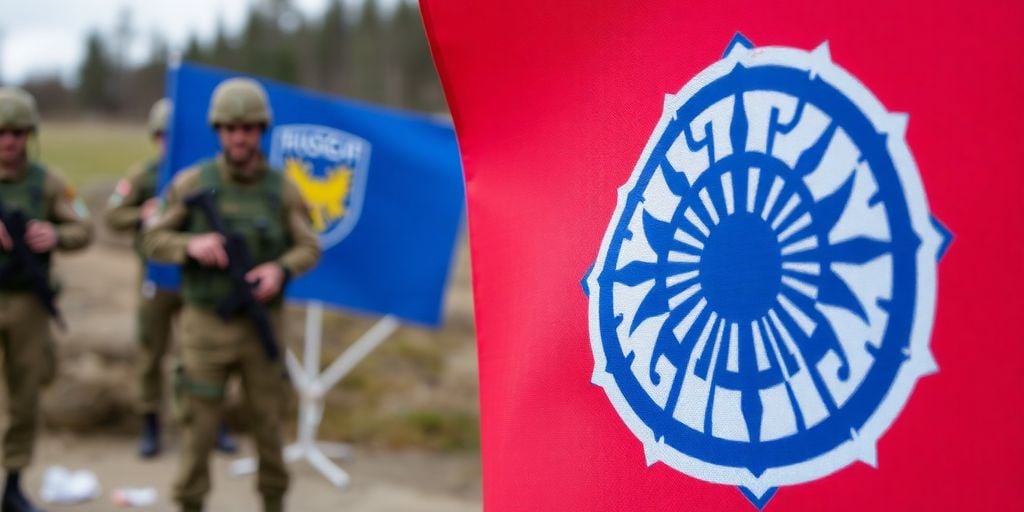The OSCE Mission in Kosovo is bolstering public safety training through a partnership with the North Carolina Justice Academy, while the EU faces a critical juncture in its Western Balkans strategy, with the Kosovo-Serbia dispute serving as a key test of its geopolitical influence and enlargement agenda.
OSCE Enhances Kosovo’s Public Safety Training
The OSCE Mission in Kosovo has successfully concluded a study visit for Kosovo Academy for Public Safety (KAPS) officials to the North Carolina Justice Academy (NCJA) in the United States. This initiative marks the full functionalization of the Quality Assurance Commission within KAPS, equipping its coordinators with international best practices in law enforcement training. The program, building on a previous course and a 2024 cooperation protocol, focused on curriculum development, instructor standards, and quality frameworks aligned with international accreditation criteria. The collaboration underscores the OSCE’s commitment to elevating public safety professional standards to meet modern challenges.
EU’s Defining Test: The Kosovo-Serbia Dispute
The long-standing dispute between Kosovo and Serbia presents a significant geopolitical challenge for the European Union, testing its ability to foster stability and effectively mediate in its neighborhood. The EU-facilitated Belgrade-Pristina Dialogue, launched in 2011, has seen limited progress despite agreements like the 2013 Brussels Agreement and the 2023 Ohrid Agreement. Both sides have struggled with implementation, leading to persistent tensions and security concerns, including incidents like the 2023 Banjska attack.
Navigating the Path to EU Integration
The EU’s credibility as a geopolitical actor is closely tied to its success in resolving the Kosovo-Serbia issue, which is a prerequisite for regional stability and the EU enlargement process for both nations. The recent appointment of Peter Sørensen as the new EU Special Envoy for the Belgrade-Pristina Dialogue aims to reinvigorate negotiations and rebuild trust. His mandate focuses solely on the dialogue, offering a more targeted approach to achieving tangible progress.
Kosovo’s Elections and EU Strategy
Kosovo’s recent parliamentary elections present an opportunity for the EU to advance its goals in the Western Balkans. The outcome of these elections could either ease or complicate EU efforts, depending on the new government’s approach to normalizing relations with Serbia. The EU must be prepared for various political scenarios, including potential shifts in US policy towards the region, and recalibrate its strategy to prioritize incentives over punitive measures to foster constructive dialogue and regional stability.
Key Takeaways:
- The OSCE is actively supporting the professionalization of public safety training in Kosovo through international partnerships.
- The Kosovo-Serbia dispute remains a critical test for the EU’s geopolitical effectiveness and its enlargement policy in the Western Balkans.
- The EU’s new Special Envoy aims to re-energize the Belgrade-Pristina Dialogue amidst ongoing regional complexities.
- Kosovo’s political landscape and election outcomes will significantly influence the EU’s ability to achieve its Western Balkan objectives.
Sources
- OSCE Mission Supports Kosovo Academy for Public Safety in Functionalizing Quality Assurance Commission, Organization for Security and Co-operation in Europe.
- The Kosovo-Serbia dispute amid global turmoil: a defining test for the EU, New Eastern Europe.
- Why the EU should use Kosovo’s election to advance its goals in the Western Balkans, European Council on Foreign Relations (ECFR).






